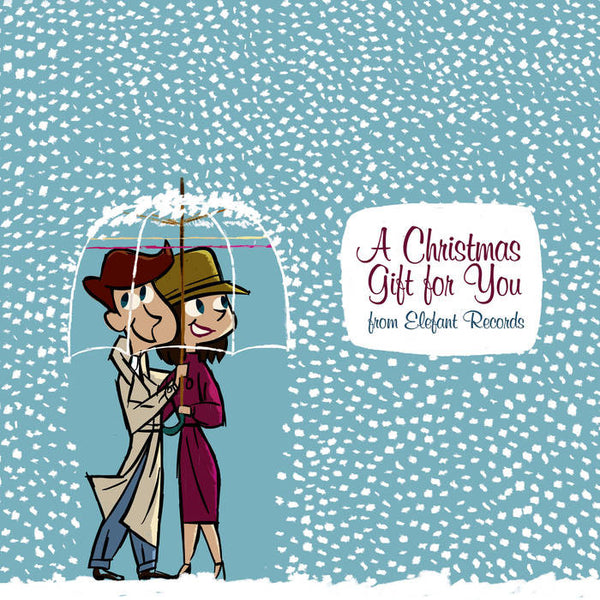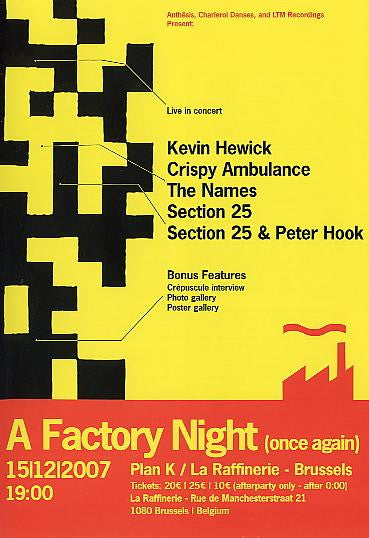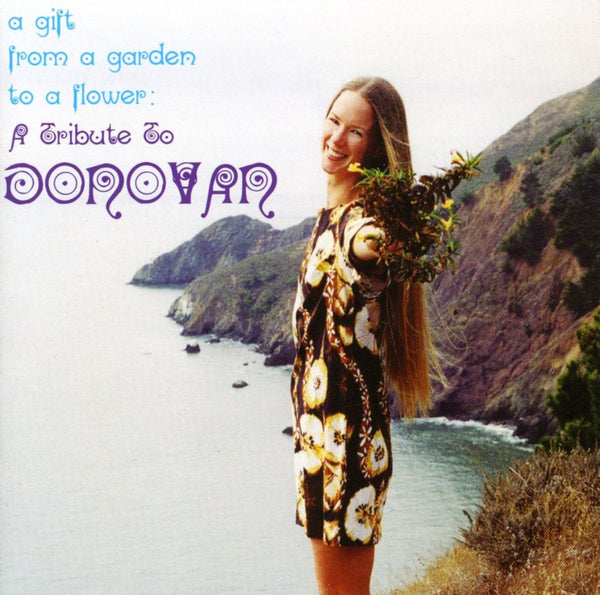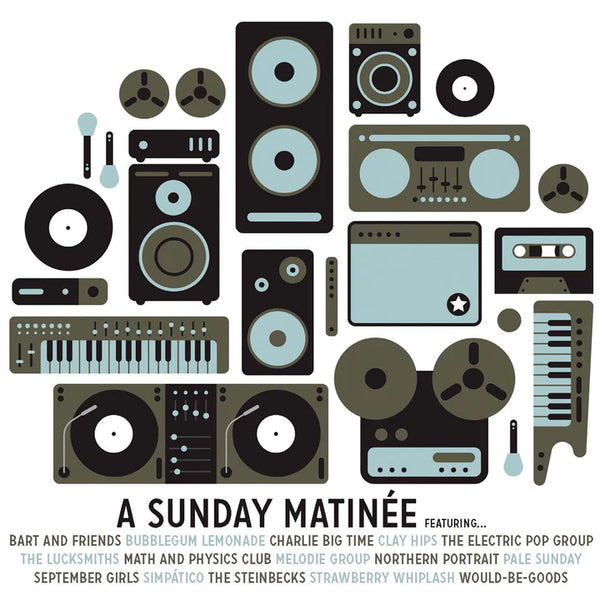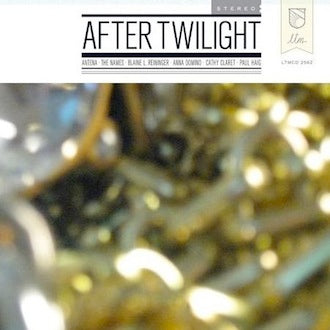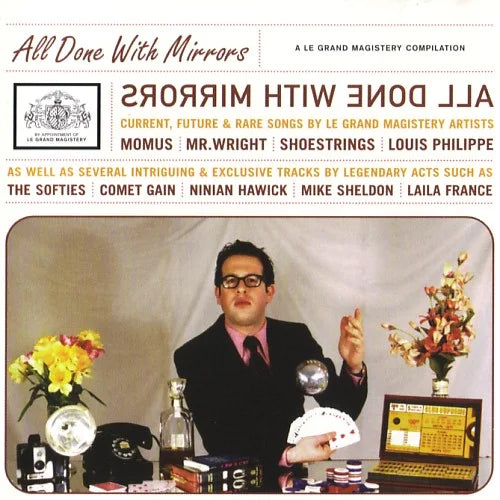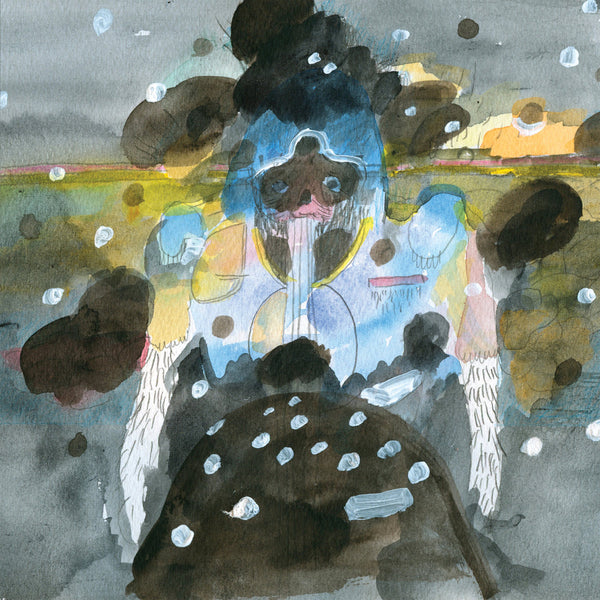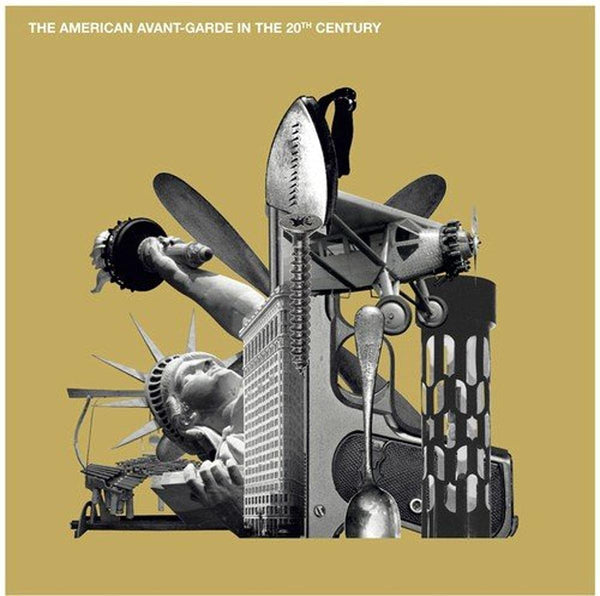All tracks are authentic wartime recordings carefully digitally remastered for CD and download. The booklet includes archive images and detailed historical notes by James Hayward.
Tracklist:
1. THEME MUSIC & ANNOUNCEMENT 1.45
2. JOHN WATT 3.51
3. COMPLETE 1943 EDITION 30.02
4. ERNEST BEVIN 7.40
5. NORMAN LONG 8.32
6. JACK WARNER 8.59
7. RENEE HOUSTON & DONALD STEWART 10.51
WORKERS' PLAYTIME liner notes
The idea of entertaining and rewarding war workers was first explored by the BBC through the programme Music While You Work, first broadcast in June 1940. The show was intended to relieve the monotony of the factory production line and was aired at 10.30 and 15.00, judged to be the times at which concentration (and thus production) dipped most. The show was repeated at 22.30 for the benefit of the night shift.
Partly on the suggestion of Ernest Bevin, companion lunchtime roadshow Workers' Playtime first aired in May 1941. A live morale-boosting music, comedy and variety show, it was broadcast live from different factory canteens and shop floors across the country. BBC engineers would erect a small wooden stage and sling microphones from the roof for a 'studio' audience consisting of as many workers as could physically cram themselves into the venue. The producer, Bill Gates, signed off each programme with the cheery phrase Good Luck, All Workers!
Originally broadcast on the Home Service, Workers' Playtime transferred to the Light Programme in 1957, eventually running for 23 years and serving the British public from the Blitz to the Beatles. Unlike many other British radio classics of similar vintage, much of it has aged rather well.
1. WORKERS' PLAYTIME THEME (1.54)
Recorded 26 May 1941. Here the opening announcement is followed by the Workers' Playtime theme performed on organ with vocal chorus.
2. JOHN WATT: INTRODUCTION (3.53)
Recorded 25 October 1941. Here the BBC's Director of Variety, John Watt, explains the origins of Workers' Playtime, and the complexities of recording these shows on location in factories and canteens around the country. By this time the programme was being broadcast three times a week.
3. WORKERS' PLAYTIME: FEBRUARY 1943 (30.00)
Recorded 16 February 1943. Broadcast from a theatre on an unidentified factory site, in the presence of HRH Queen Mary. The opening announcement by Bill Gates is followed by a performance of Rose of England, a medley by pianists George Myddleton and Bruce Merryl. The versatile Claude Dampier and Billie Carlyle then perform an extended comedy sketch, which includes some inept piano playing, tap dancing, acting and even a striptease. Popular tenor Henry Wendon then performs Come To The Fair and Take A Pair of Sparkling Eyes, from the Gilbert and Sullivan opera The Gondoliers. Elsie and Doris Waters then perform a topical comedy sketch as Gert and Daisy, and perform When Our Ship Comes Sailing Home. The show closes with a rousing singalong medley of Tipperary, When Irish Eyes Are Smiling and Pack Up Your Troubles, followed by Daisy Bell and Lily of Laguna.
4. ERNEST BEVIN: ADDRESS TO WORKERS (7.50)
Recorded 1 June 1943. Here the Minister of Labour and National Service, Ernest Bevin, talks during a Workers' Gala Night on the second anniversary of the programme. A regular contributor to Workers' Playtime, Bevin discusses the state of armaments and war industry a year previously, and a 'sense of mastery' in the third year of the struggle. Women workers are singled out for particular praise, as are miners, railwaymen, seamen and nurses.
5. WORKERS' PLAYTIME: NORMAN LONG (8.33)
Recorded 16 August 1945. In this section Norman Long delivers two humorous monologues, and sings The Victory Ball and Let's Have a Damned Good Grouse. The war had recently ended with the defeat of Japan. Long was first heard on the BBC in 1922, and claimed to be the first entertainer 'made' by radio. His act was usually billed as A Song, a Joke and a Piano.
6. WORKERS' PLAYTIME: JACK WARNER (9.08)
Recorded 6 June 1946. The popular actor performs Nelson's Column, a recitation featuring his infamous brother Sid, as well as some Civvie Street ditties including Thanks Workers. During the war Warner was made famous by Garrison Theatre, and was the brother of Elsie and Doris Waters. Mind my bike!
7. WORKERS' PLAYTIME: RENEE HOUSTON & DONALD STEWART (10.57)
Recorded 6 June 1946. An excited audience are treated to a turn by Scots revue artist and actor Houston together with her third husband, American-born actor Donald Stewart. Donald plays the role of a newspaper reporter interviewing Houston, along with renditions of Wait and See, I'll Buy That Dream and I Wish.
James Hayward
November 2008

